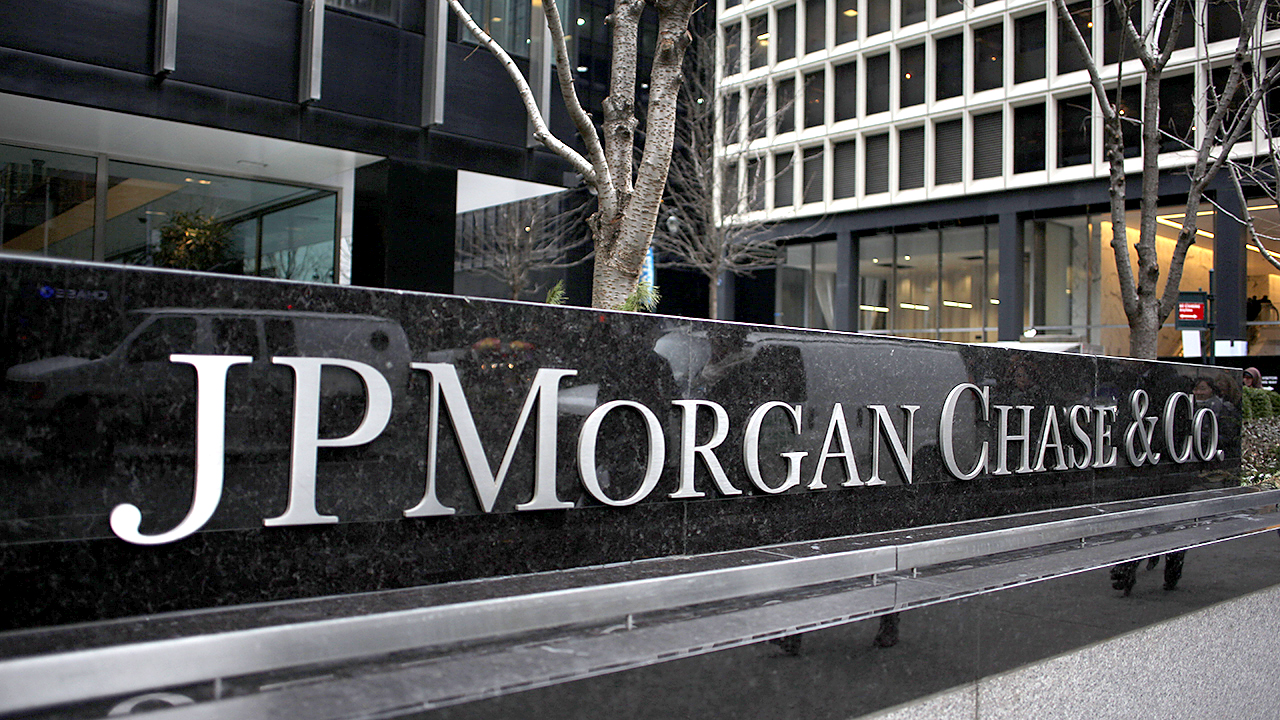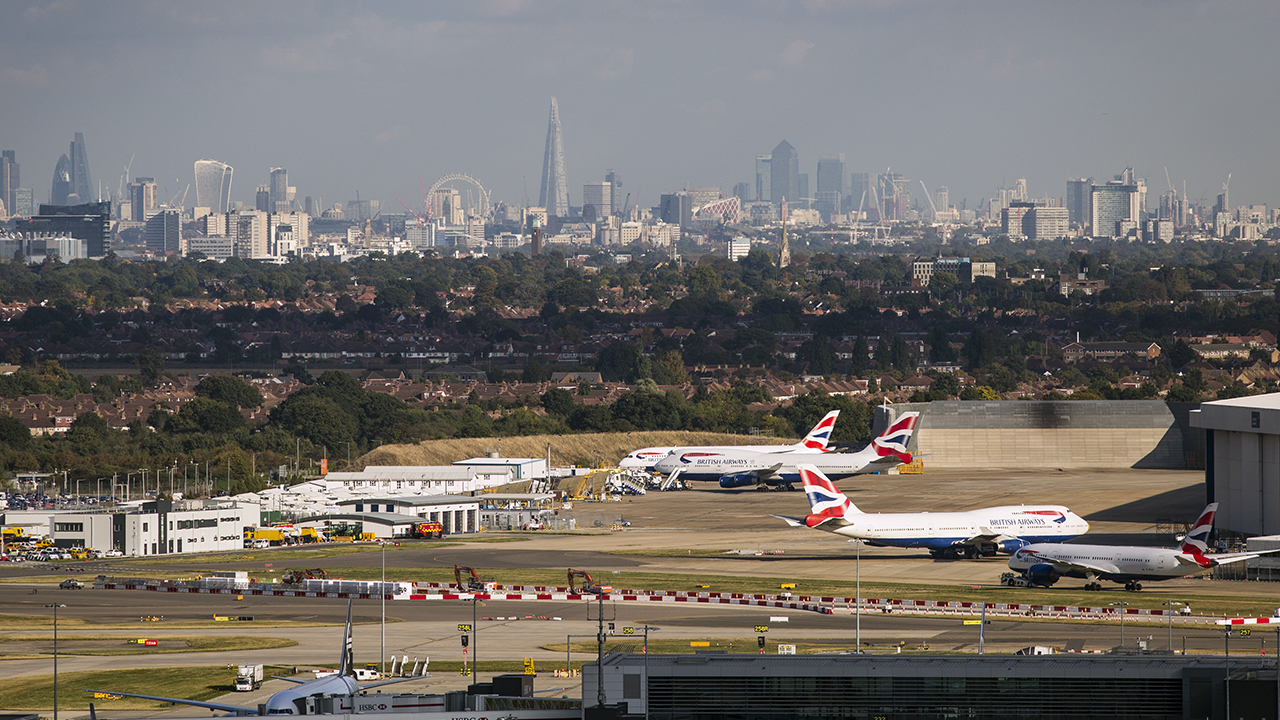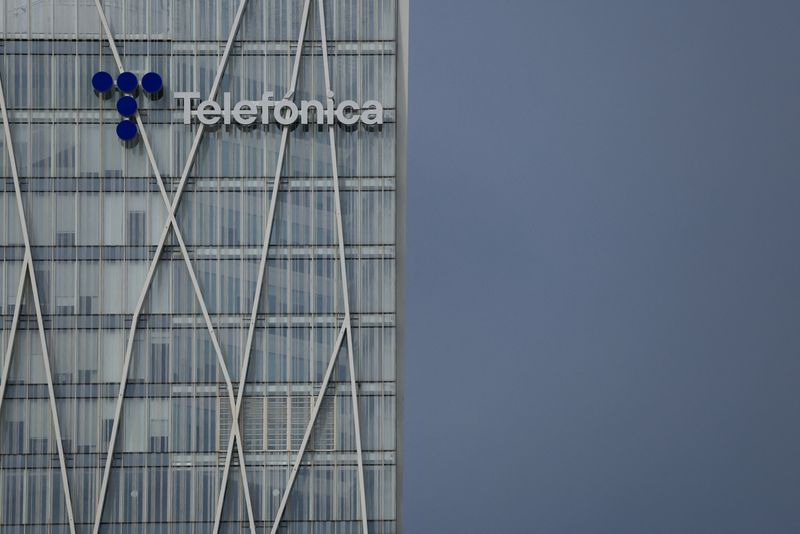UAE Stock Markets End the Week Mixed as Oil Price Concerns and Geopolitical Risks Weigh on Sentiment


The UAE’s equity markets closed Friday’s session with contrasting performances, reflecting a blend of sector-driven gains in Dubai and continued mild selling pressure in Abu Dhabi. While trading volumes were moderate, investor sentiment was shaped by a mix of corporate earnings, commodity price movements, and the geopolitical backdrop.
In Dubai, the main index edged higher, supported by notable strength in the materials, financial, and industrial sectors. Blue-chip names in construction and manufacturing saw buying interest, while select banking stocks extended gains after reporting resilient second-quarter results. However, despite Friday’s modest advance, the Dubai market still closed the week slightly lower overall. Analysts suggest the market is in a consolidation phase, with investors weighing profit-taking against fresh entry opportunities. If global risk appetite improves—helped by easing geopolitical tensions or a rebound in oil—Dubai could see a shift back to the upside in the coming sessions.
The Abu Dhabi Securities Exchange (ADX), by contrast, slipped marginally, marking its third consecutive session of mild declines. The weakness was largely attributed to limited profit-taking as the Q2 earnings season draws to a close. Market participants noted that most of the negative pressure came from heavyweights in the energy and banking sectors. Still, the pullback remains modest, with the ADX holding near recent highs, suggesting underlying investor confidence. A sustained recovery in crude oil prices could serve as the primary catalyst for a rebound, though traders remain wary given current volatility.
Oil remains a central driver for sentiment in both markets. Prices have come under pressure this week amid concerns about slowing global demand and rising inventories in the US. Adding to the uncertainty, today’s scheduled meeting between the US and Russia has the potential to influence oil price trajectories. Any progress toward easing geopolitical tensions—particularly in energy trade routes—could weigh on crude prices in the short term, whereas a breakdown in discussions may reintroduce supply risk, potentially lifting prices.
Across the wider GCC region, market performances were similarly divided.
-
Saudi Arabia’s Tadawul saw renewed selling pressure after last week’s brief pause in declines, as weaker oil prices continue to pose a challenge for energy-heavy indices. The market also digested mixed corporate results, with some petrochemical firms lowering guidance for the remainder of the year.
-
Qatar’s stock exchange, however, extended its gains, marking another week of positive performance. Strong demand from foreign investors and resilient earnings in the banking sector underpinned the rally, with Qatari blue chips benefiting from the perception of relative stability.
Looking ahead, analysts note that the short-term direction of UAE and regional markets will likely hinge on oil price movements, as well as global risk sentiment. A stable or rising oil market could restore momentum, while further declines could test investor patience. Traders will also be monitoring global macroeconomic data next week, including US inflation figures and Chinese industrial output, both of which could influence commodity markets and risk appetite.
For now, the UAE markets remain in a holding pattern, balancing between healthy corporate fundamentals and external macroeconomic pressures. The coming week’s geopolitical developments, coupled with key data releases, may provide the spark needed to break the current consolidation phase—either to the upside or further into correction territory.
The post UAE Stock Markets End the Week Mixed as Oil Price Concerns and Geopolitical Risks Weigh on Sentiment appeared first on European Business & Finance Magazine.














































